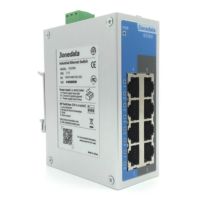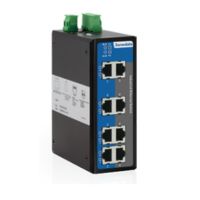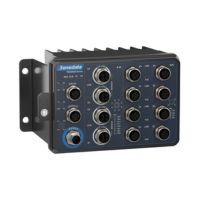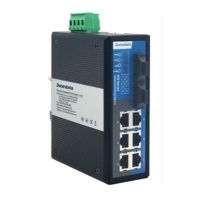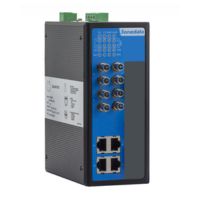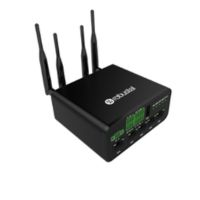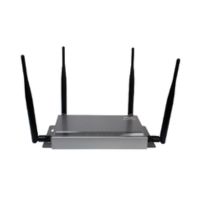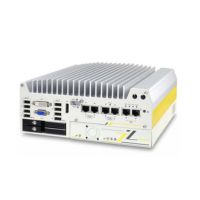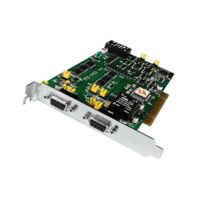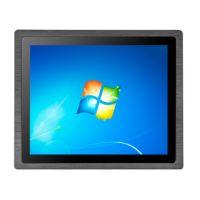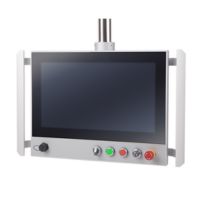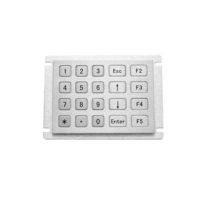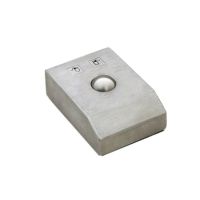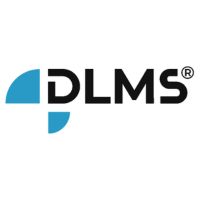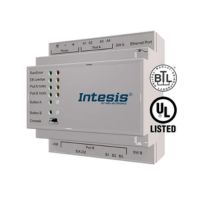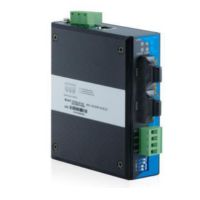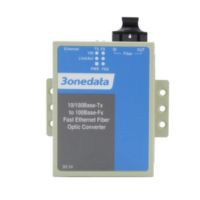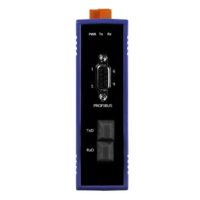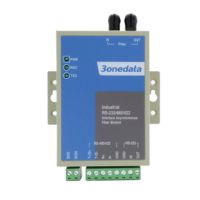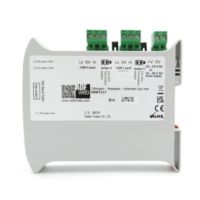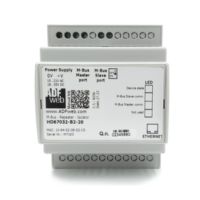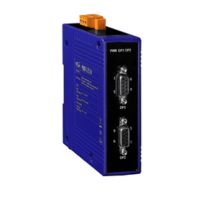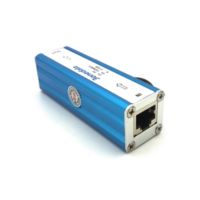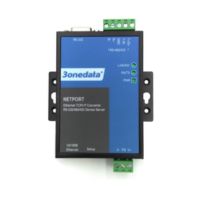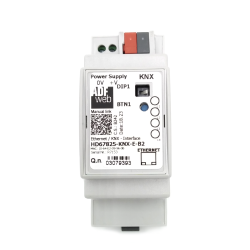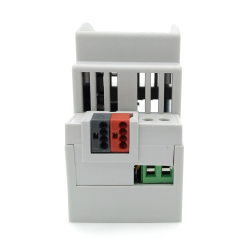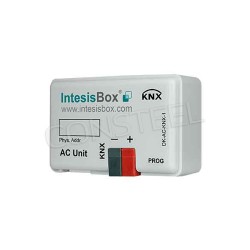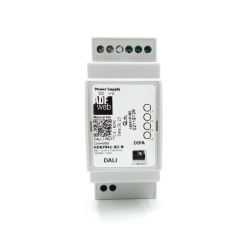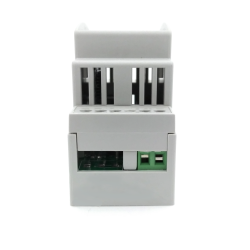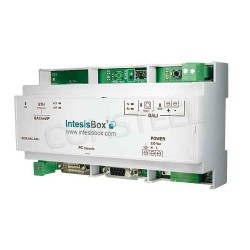Strategic implementation of BMS building management systems

BMS system what is it?
In the field of modern building management, the adoption of advanced technologies has become paramount to streamline operations, optimize energy consumption, and enhance occupant comfort and safety. Prominent among these technologies is the building management system (BMS automation) as comprehensive tools that offer centralized process control and monitoring of various building systems and services. From commercial complexes to industrial facilities, strategic implementation of BMS systems can provide significant benefits across a wide range of applications.
Commercial real estate
In commercial buildings, BMS systems act as a central management center for many systems and services, including HVAC (heating, ventilation and air conditioning), lighting, security and access control. By integrating these disparate systems into a unified platform, a BMS enables facility managers to achieve greater operational efficiency, optimize energy consumption and improve occupant comfort. With features such as automatic scheduling, remote monitoring, and real-time readout and analytics, BMS systems enable decision makers to make data-driven adjustments that improve overall building performance while reducing operating costs. With the right components and assemblies, BMS systems are trouble-free and nearly maintenance-free. For bulk meter reading which most often communicate over the M-bus protocol, commercial properties use M-Bus converters to Bacnet, Modbus, KNX, PROFIBUS or PROFINET so that they can be connected to a remote control and management system.
Industrial facilities
In industrial settings where operations are governed by complex processes and stringent regulations, BMS systems play a key role in ensuring safety, compliance and operational continuity. These systems provide centralized oversight of critical infrastructure such as production equipment, utilities and environmental controls or process control. By monitoring parameters such as temperature, pressure and humidity in real time, BMS systems help prevent equipment failures, optimize production processes and maintain compliance with regulatory requirements. In addition, advanced BMS features such as predictive maintenance and fault detection enable proactive intervention to minimize downtime and maximize productivity. Devices operating in BMS systems in industrial environments must be integrated with each other and connected to a single control panel, and for this to happen, the most common devices used are converters and server serial ports that support Modbus, Bacnet or Lonworks protocols, among others.
Medical facilities, healthcare centers and hospitals
In healthcare environments where patient comfort, safety and compliance are paramount, BMS systems offer customized solutions for hospitals, clinics and laboratory facilities. These systems provide comprehensive monitoring and control of HVAC, lighting, medical gases and specialized equipment, ensuring optimal patient care and staff productivity. What's more, BMS systems can facilitate compliance with stringent regulatory standards by providing detailed documentation, audit trails and automatic alerts for critical parameters.
Educational institutions
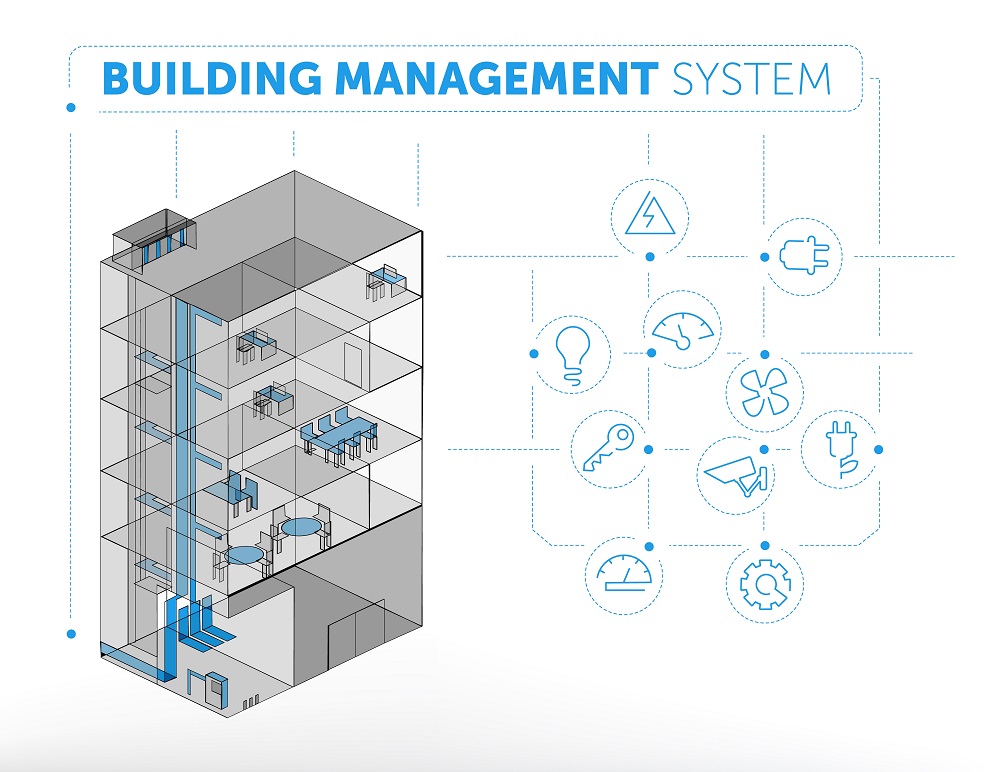
In educational institutions, from schools to universities, BMS systems contribute to creating a conducive learning environment while optimizing operational efficiency and sustainability. These systems provide centralized control of HVAC, lighting and access control systems, allowing administrators to adjust settings based on occupancy patterns and environmental conditions. HVAC systems, to be effective, must be connected to a master system such as SCADA, for this to happen a communication module or protocol converter must be used in the installation. The most commonly used protocols in such systems are Bacnet, Modbus or KNX. By integrating with building automation and energy management solutions, BMS systems help educational institutions reduce energy consumption, lower utility costs and minimize their environmental impact. In addition, BMS systems support the implementation of campus-wide safety protocols, such as emergency notifications and lockout procedures, to ensure the well-being of students, faculty and staff.
Strategic implementation of building management systems (BMS) offers myriad benefits in applications ranging from commercial buildings and industrial facilities to healthcare institutions and educational campuses. Providing centralized control, monitoring and optimization of building systems and services. BMS systems enable organizations to increase operational efficiency, improve occupant comfort and safety, and achieve sustainability goals. As technology continues to evolve, the versatility and functionality of BMS systems will play an increasingly important role in shaping the future of building management, facility operations and process controls.

